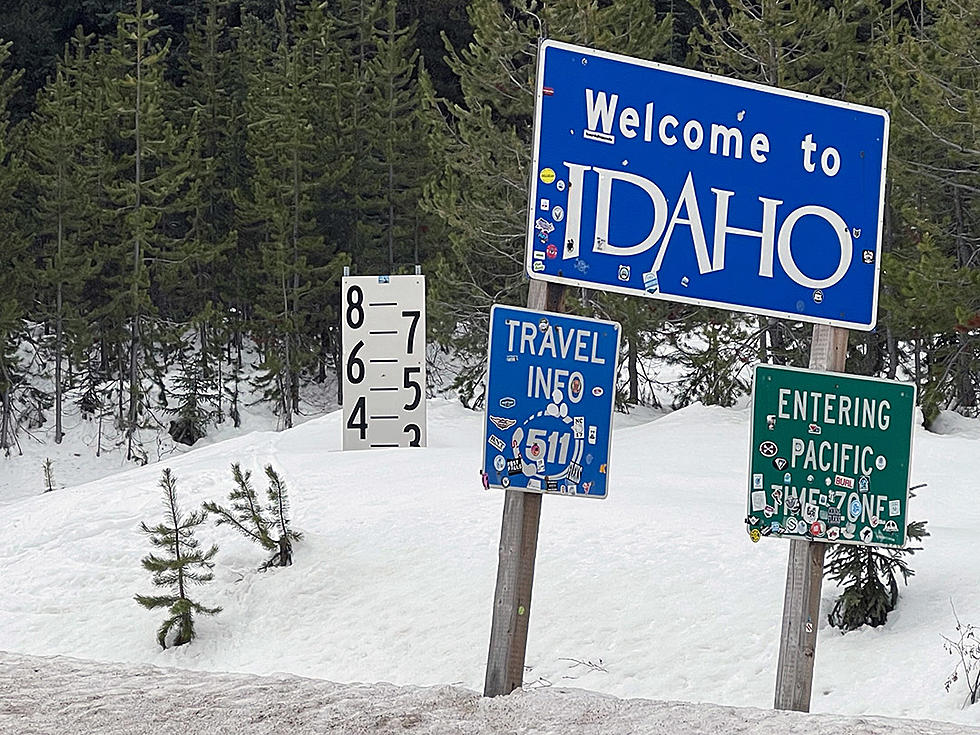
Idaho must provide emergency abortion access, Supreme Court rules
Kelsey Reichmann
WASHINGTON (CN) — The Supreme Court on Thursday ruled that Idaho must provide abortion care to women facing serious health emergencies even if they were not at risk of dying.
In an unsigned opinion, the justices said Idaho should not have been granted emergency relief allowing the state to ignore federal health care protections in favor of its abortion ban. In a set of concurring opinions, six justices indicated their support for the ruling.
Justice Elena Kagan said the ruling “will prevent Idaho from enforcing its abortion ban when the termination of a pregnancy is needed to prevent serious harms to a woman’s health.”
Justices Samuel Alito, Clarence Thomas and Neil Gorsuch dissented from the ruling. Alito said there was no good reason for the court to change course.
“Apparently, the court has simply lost the will to decide the easy but emotional and highly politicized question that this case presents,” Alito wrote in an opinion joined by his two conservative colleagues. “That is regrettable.”
The highly anticipated ruling was inadvertently leaked on Wednesday when a court staffer briefly uploaded the opinion.
The Emergency Medical Treatment and Labor Act guarantees that any patient who walks into the emergency room of a federally funded hospital will be given treatment. The 1986 law was enacted to prevent hospitals from turning away patients with health emergencies because of their health insurance or ability to pay.
In the months after the U.S. Supreme Court overturned Roe v. Wade, President Joe Biden said the law protected the right to emergency abortion access in states with bans on the procedure. Under that logic, the act would force states to provide abortion care when a patient’s health was at risk, even if the state’s ban only allowed abortions when death was a risk.
Idaho’s Defense of Life Act is one such ban. The law forced doctors to weigh whether a patient was close enough to death to qualify for an abortion. Hospitals had to either wait until the patient’s condition deteriorated further or send them out of state to receive care.
The Biden administration sued Idaho, claiming the Emergency Medical Treatment and Labor Act preempted Idaho’s abortion ban. A lower court ordered Idaho to allow emergency abortion care while the litigation proceeded. An en banc review in the Ninth Circuit maintained federal protections for the procedure until the Supreme Court jumped in and said Idaho could continue prohibiting emergency abortions.
The justices heard arguments in April to decide if the federal mandate could be ignored permanently.
Now the ruling sends the case back to the lower courts to consider evidence and arguments on the merits of the conflict. Kagan, a Barack Obama appointee, said Idaho was not entitled to anything more, noting that the state argued that the Emergency Medical Treatment and Labor Act never requires hospitals to provide medical care that violates Idaho law.
“In my view, that understanding of EMTALA is not ‘likely to succeed on the merits,’ and so cannot support a stay of the injunction,” Kagan wrote in an opinion joined by her liberal colleagues. “Neither does the state’s argument provide any basis for this court to short-circuit the proceedings below.”
Some of the justices acknowledged that the court errored when it paused federal protections in Idaho in favor of the state’s law. Justice Amy Coney Barrett, a Donald Trump appointee, said the court miscalculated when granting certiorari before judgment because the parties’ evolving positions indicate that further proceedings in the lower courts are necessary.
Barrett said she joined the court’s judgment because the shape of the cases substantially shifted since the court agreed to hear the dispute. In a concurrence joined by Chief Justice John Roberts and Justice Brett Kavanaugh, Barrett said briefing and oral argument shed more light on the case than when the court considered Idaho’s emergency applications.
